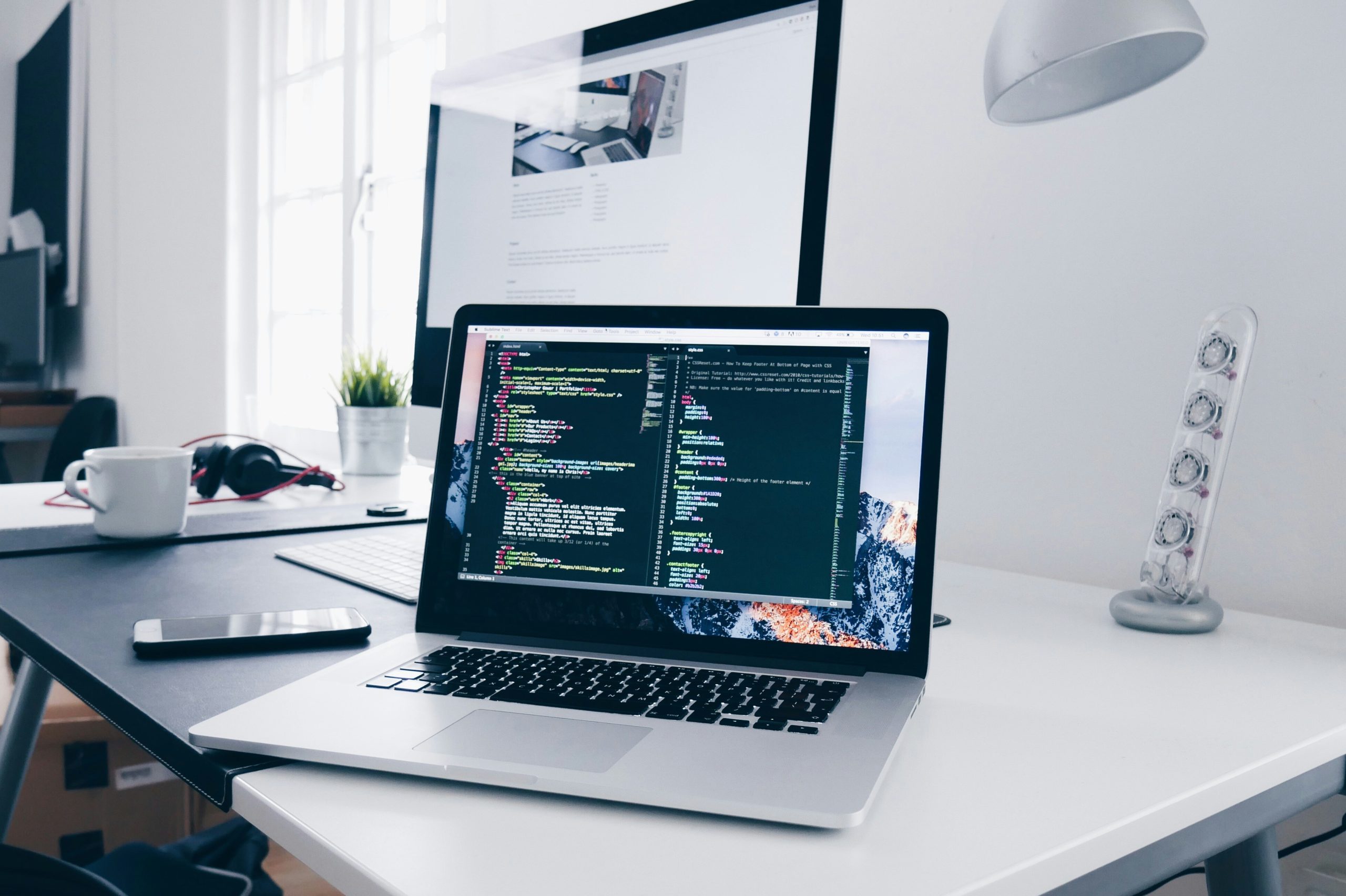In an age where surveillance is pervasive and censorship tactics are becoming more advanced, maintaining digital privacy is no longer a mere preference—it is a necessity, especially for activists and advocates. Whether engaged in environmental justice efforts, human rights work, or grassroots mobilization, these individuals often find themselves in the crosshairs of powerful entities that seek to monitor, silence, or undermine their efforts. This is where Virtual Private Networks (VPNs) become indispensable tools for protecting digital freedom.
What Is a VPN and Why Does It Matter?
A VPN, or Virtual Private Network, encrypts your internet connection and routes it through a secure server in another location. This process masks your IP address, making it much harder for governments, corporations, or other malicious actors to trace your online activity or monitor your communication. In simpler terms, a VPN provides a secure tunnel for your online traffic, shielding your personal information and browsing habits from unwanted scrutiny.
For activists operating in restrictive environments, this digital shield may be the only line of defense against sophisticated surveillance systems. Even in democratic nations, the erosion of privacy rights has made tools like VPNs more critical than ever.

Why Activists and Advocates Are Especially at Risk
Unlike the average internet user, activists and advocates frequently challenge institutions, policies, or social norms. This often puts them at odds with powerful players who have the resources and motivation to track their activities. The dangers aren’t hypothetical—history is filled with examples of governments and corporations using surveillance to suppress dissent.
Here are some concrete reasons why VPNs are vital for these individuals:
- Surveillance Avoidance: VPNs can help evade targeted surveillance from state agencies or private intelligence contractors.
- Bypassing Censorship: In many regions, accessing information or using platforms for organizing is restricted. VPNs can unblock websites and applications that are crucial for communication and mobilization.
- Securing Communication: With end-to-end encryption, VPNs make it significantly harder for unauthorized actors to intercept emails, messages, or VoIP calls.
- Protecting Identity: VPNs mask IP addresses, thereby offering anonymity when publishing sensitive information or coordinating online campaigns.
The Shrinking Space for Digital Activism
Technological advances have brought tremendous benefits, but they also amplify risks for those who stand up against injustice. Facial recognition, metadata tracking, and automated content filtering have created a hostile environment where activists must constantly adapt to avoid detection. In many countries, the legal protections once afforded to political speech and expression online are being systematically dismantled.
VPNs are part of a broader toolkit needed to preserve the diminishing space for digital activism. They offer a lifeline for those working behind digital firewalls, providing a way to safely research, network, and speak out.
The Ethical and Legal Considerations
While the use of VPNs is legal in many countries, some governments have outlawed or heavily restricted their use to maintain control over the internet. For activists in such regions, the choice to use a VPN is not just technical—it’s a political act. It becomes part of a broader resistance against oppressive policies and digital authoritarianism.
It’s crucial that VPNs used by activists meet rigorous standards for transparency and security. Free or poorly vetted VPN services can be compromised, potentially creating more risk rather than reducing it. Therefore, when choosing a VPN, activists should consider:
- Jurisdiction: Companies located in privacy-respecting countries are less susceptible to coercive data demands.
- No-logs policies: Providers that don’t collect or store user data offer an additional layer of safety.
- Open-source software: Openly available code can be vetted by the community for security flaws or backdoors.
Looking Forward: A Call to Action
As digital threats continue to evolve, so too must the strategies to resist them. VPNs are not a perfect solution, but they form an essential part of any digital self-defense strategy. For activists and advocates committed to building a more just and transparent world, safeguarding digital privacy is not just about personal protection—it’s about preserving the fundamental freedoms that allow that work to flourish.
In supporting this cause, we must advocate for stronger digital rights, provide resources for secure communications, and foster communities of practice rooted in cybersecurity awareness. Activists deserve not only the right to speak out, but also the tools to do so safely.

